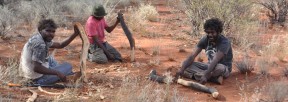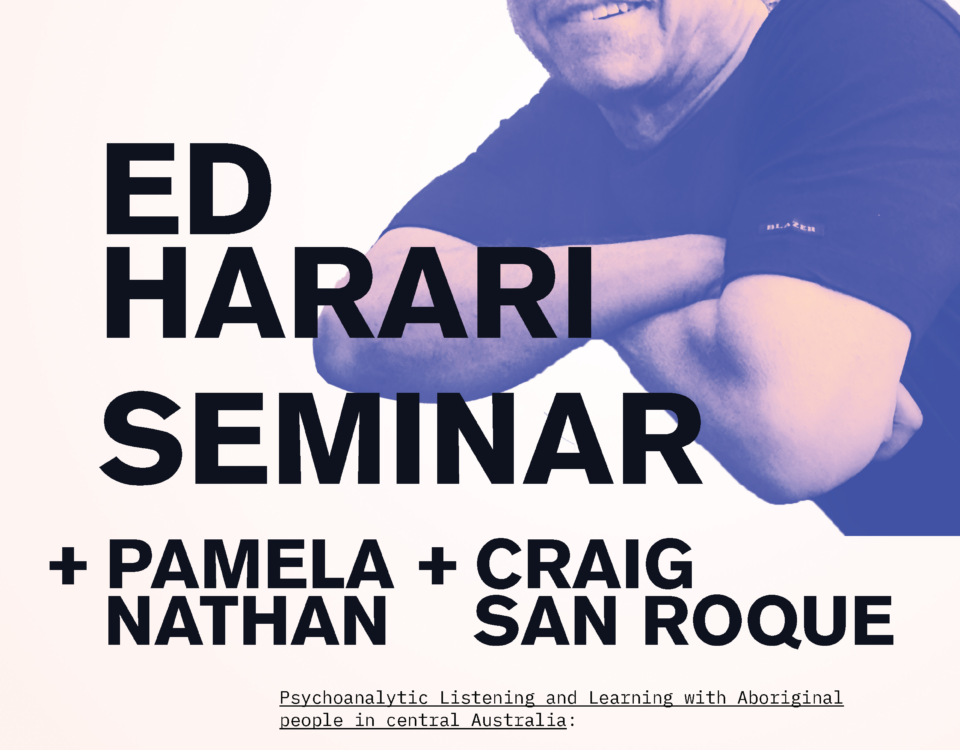
September Newsletter now online
September 28, 2015What is recognition?
October 21, 2015By Pamela Nathan
Welcome to Mental Health Week. From October 4 – 10, the aim is to shine a light on mental health. As we do so, we also need to expose the dark shadows of domestic violence that lurk hidden in the corners – the pointy, uncomfortable end of mental ill health.
Domestic violence is currently big news. As the tragic tally of victims seems to gather momentum with its upward spiral, finally the public outcry is becoming a growing roar of dissent. Domestic violence has to stop. The public face of this movement is Rosie Batty, who suffered at the brutal hands of her violent husband for a decade before he dealt the ultimate blow – taking the life of an innocent little boy, Luke Batty, their only son.
So how can we stop the violence?
Late last week, The Age editorial reported on the state coroner, Ian Gray’s findings on the murder of Luke Batty by his mentally ill father. The editorial stated that “Judge Gray has recommended changes in the way police and justice agencies respond, how welfare authorities assess risk and monitor threats, and he wants courts to order all perpetrators of domestic violence to undergo behaviour-change programs”.
And here is where it gets uncomfortable. Perpetrators of domestic violence, more often than not, were once victims of domestic violence, abuse or trauma. If we are to change the escalating patterns of violence, we need to provide support for the victims of domestic violence, abuse and trauma – past and present.
Luke Batty’s violent father had provided so many clues pointing to imminent tragedy – he had rehearsed his crime, whether consciously or unconsciously, sitting in a car with his son, holding a knife that could ‘end this’. Luke was in receipt of counselling because of the distress and fear associated with contact visits with his volatile father. No matter how much we support victims and try to protect children in abusive households, they will remain at risk if we do not provide the perpetrators with assessment and treatment, both forensic and psychiatric/psychological.
Behavioural change programs that address the underlying triggers for violent behaviour and provide ongoing support are needed. ‘Breakthrough Violence’ is CASSE’s new program that has been developed in response to this need. Over the 15 week program, participants explore the emotional experiences of violence and search for their own solutions under the safe guidance of experienced, qualified trainers. The psychoanalytic framework uses mentalisation – focusing on awareness of mental states which can facilitate secure attachment relationships.
CASSE is initially offering this program through the Alice Springs Men’s Shed Research Project at Ingkintja, in partnership with the Central Australian Aboriginal Congress Aboriginal Corporation. We can also provide training for organisations interested in delivering the program. For more information contact us.





